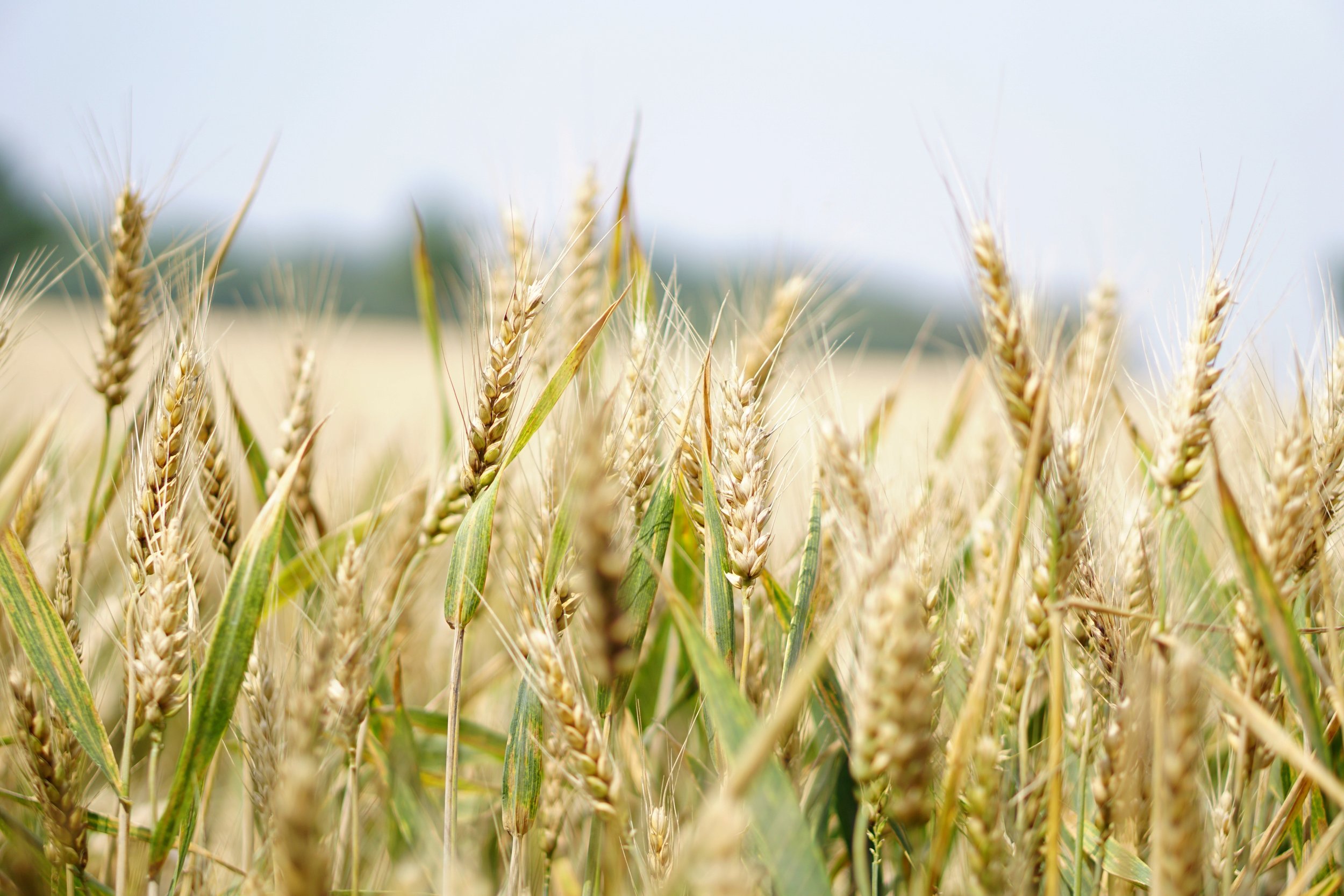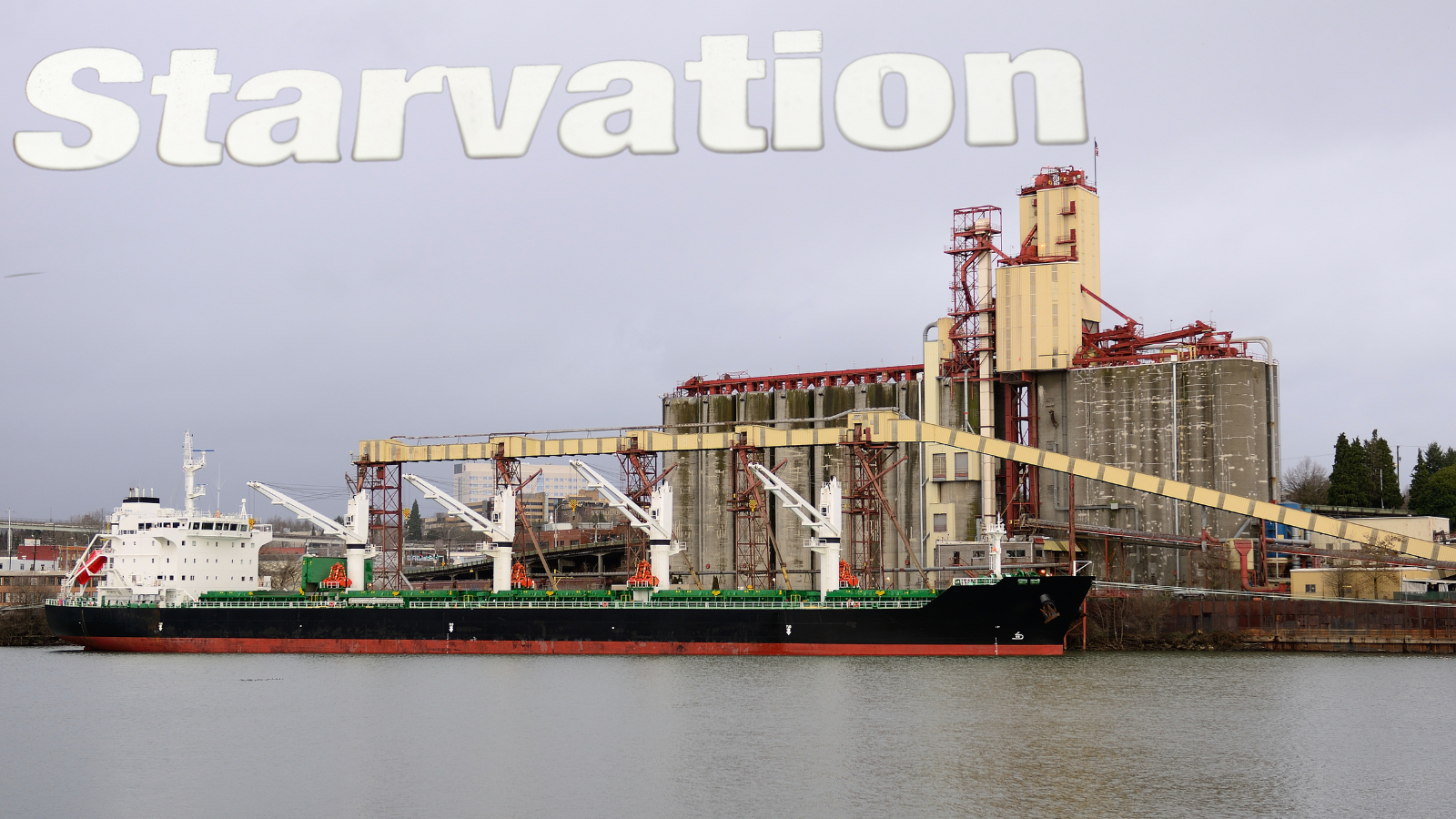Ukraine says Russia is not allowing full grain capacity
🇺🇦 Ukraine says Russia is not allowing full grain capacity.
Ukraine has accused Russia of blocking seven vessels carrying grain from sailing to Asia and Europe, despite the Black Sea grain deal implemented by the United Nations. Due to this blockage, Ukraine’s Infrastructure Ministry has claimed that Ukrainian ports are only working at 25%-30% of their capacity. With a November 19th deadline looming on the grain shipping deal, Ukraine is urging an extension in fear that Russia will revoke its agreement.
Seismic evidence has revealed new details about the explosions linked to the attack on the Nord Stream pipelines.
A Tesla Model X that was declared 'totaled' in the U.S. last year unexpectedly reappeared online and began sending notifications to its former owner, CNBC Executive Editor Jay Yarow, several months later.
A drone attack conducted by Russia targeted more than 700 grain warehouses on the Danube River in Ukraine, damaging crucial infrastructure for Kyiv's grain export route.
Russia's decision to withdraw from a grain export deal with Ukraine has escalated concerns about global food supplies and prices.
Wheat prices experienced a significant increase following Russia's actions targeting Ukraine's grain export infrastructure.
The expiration of the Black Sea grain deal, which allowed Ukraine to export grain via the Black Sea, is a significant development with implications for global food prices and the World Food Programme (WFP).
The United Nations-brokered Black Sea Grain Initiative, which has facilitated the safe export of 32 million metric tons of food from Ukraine, is set to expire on July 18.
The Pentagon has started utilizing the $600 million Defense Production Act funding allocated from the $40 billion Ukraine aid package.
The global economy, already grappling with the aftermath of the pandemic and the war in Ukraine, faces further uncertainty as chaos in Russia threatens to disrupt stability.
The Federal Emergency Management Agency (FEMA) has engaged the services of two Ukrainian cargo airlines to support emergency airlift operations for disaster recovery in Guam, despite objections from U.S. carriers.
As global supply chains face disruptions caused by factors like the Ukraine conflict and China's economic slowdown, a growing number of companies are opting to bring their production back home.
Adapting to changing dynamics and the departure of major logistics companies, the Russian shipping and transportation sector is finding opportunities for growth.
One year after the war, Ukraine's economy has shrunk by 30%, which is a significant contraction compared to its pre-war output of $200 billion.
Gatik Ship Management and Fractal Shipping have seemingly sprung out of nowhere to run $2 billion in tanker assets between the two of them.
The oil and gas landscape has been disrupted and the world has been struggling to find its footing since February 2022 - when Russia invaded neighboring Ukraine.
Buyers across the globe are still buying up Russian oil, despite heavy sanctions layered by the US and the EU on the product.
While Ukraine’s allies ponder whether they should provide the country with modern tanks in order to defend itself from invading Russia, the European Union is weighing its options.
Insurance companies and reinsurers - those who insure the insurance companies - have been warning of scaling back after a multitude of losses associated with the conflict in Ukraine and Hurricane Ian.
Shipping firms transporting commodities such as oil and grains are beginning to panic as underwriters begin to pull back from reinsuring any risks that are related to the Russia-Ukraine war.
The United States’s dependence on Ukrainian and Russian-originated neon gas, palladium, platinum, and pig iron have been highlighted as some of the most affected commodities since February 2022.
The Ukrainian Grain Corridor, originally made possible with the assistance of the neighboring country Turkey and the United Nations is no more.
Though disrupted supply chains are nothing new, the main waterway from Minnesota to Louisiana has been the victim of record-low water levels due to very little rainfall.
Last week, Russia revoked its agreement to the United Nations-brokered deal that was meant to ease a global food crisis and assist in delivering grain from clogged Ukraine ports in the Black Sea.
Ukraine has accused Russia of blocking seven vessels carrying grain from sailing to Asia and Europe, despite the Black Sea grain deal implemented by the United Nations.
Earlier this year when Russia invaded Ukraine, Elon Musk & Space X stepped up to the plate.
The Mississippi River is shrinking and the largest barge operator in the U.S., Ingram Barge Company, is wanting the historically low water levels will hinder deliveries.
Canada’s grain harvest was astronomical this fall - the 3rd largest crop on record - but the country is struggling to get enough rail cars to transport it all.
Following the deal struck between the UN, Russia, Ukraine, and Turkey, the first shipments of grain that have been sea-locked in the Black Sea for months have arrived in the Syrian port city of Tartous.































After months of secrecy surrounding President Biden's decision to provide ATACMS missiles to Ukraine, it has been revealed that the missiles are now in Ukrainian possession and have been used in attacks on Russian military facilities.